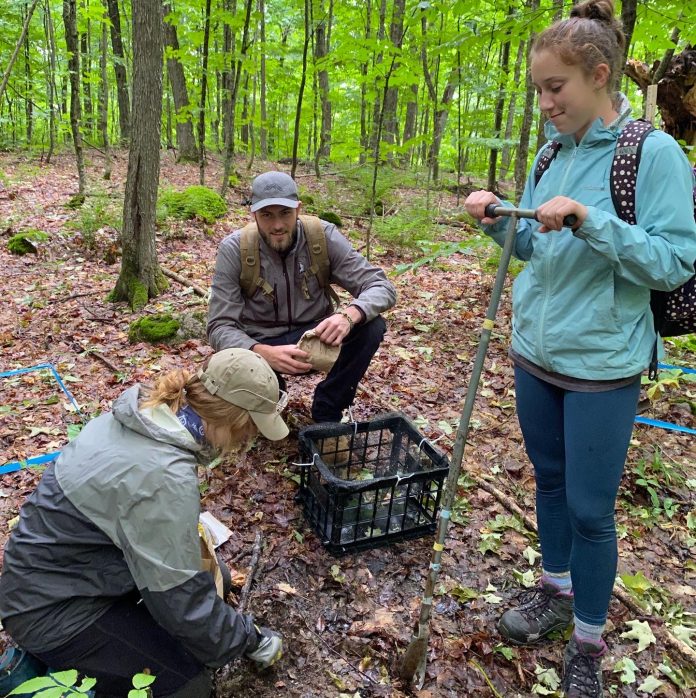
The Friends of the Muskoka Watershed (FOTMW) now has status as a charitable corporation. The organization, first established in 2013 as a not-for-profit, earned their charity status in September of 2022.
To earn this status, FOTMW had to prove to the Canada Revenue Agency that their environmental protection work meets strict criteria. The Friends of the Muskoka Watershed can now give tax receipts for all monetary donations.
“This is an important change for our organization,” says Doug Clark, a volunteer director on the FOTMW board. “It was a long and complex process and many months of communication with the Canada Revenue Agency. More work will be required in the future as we take on this new role as a charity. ”
Many people will be familiar with the Friends of the Muskoka Watershed’s wood ash recycling and Citizen Science programs and their work to find solutions and strategies to deal with environmental issues such as road salt and algal blooms.
In the past decade, FOTMW has been supported by many who have given money to support the organization’s work protecting Muskoka watershed. “We are thrilled that we are now able to offer our generous donors and members a tax receipt for their financial contributions,“ says Dr. Norman Yan, founding director of FOTMW. Both a membership campaign and fundraising campaign are planned in the next few weeks so FOTMW supporters can take advantage of year-end tax receipts.
To qualify for registration as a charity, an organization must have purposes that are exclusively charitable and charitable activities that support those purposes. FOTMW identifies environmental threats, develops practical science-based solutions, and connects with policy-makers to put these solutions in place. They also cultivate an awareness of these threats and solutions through educational outreach within the Muskoka community.
Priorities for the organization include strategic research and actions to solve known problems that are not yet managed well – such as calcium decline in Muskoka forests, harmful winter road salt, climate change and increasing algal blooms. Their priorities are regularly reviewed and adapted by the board.







